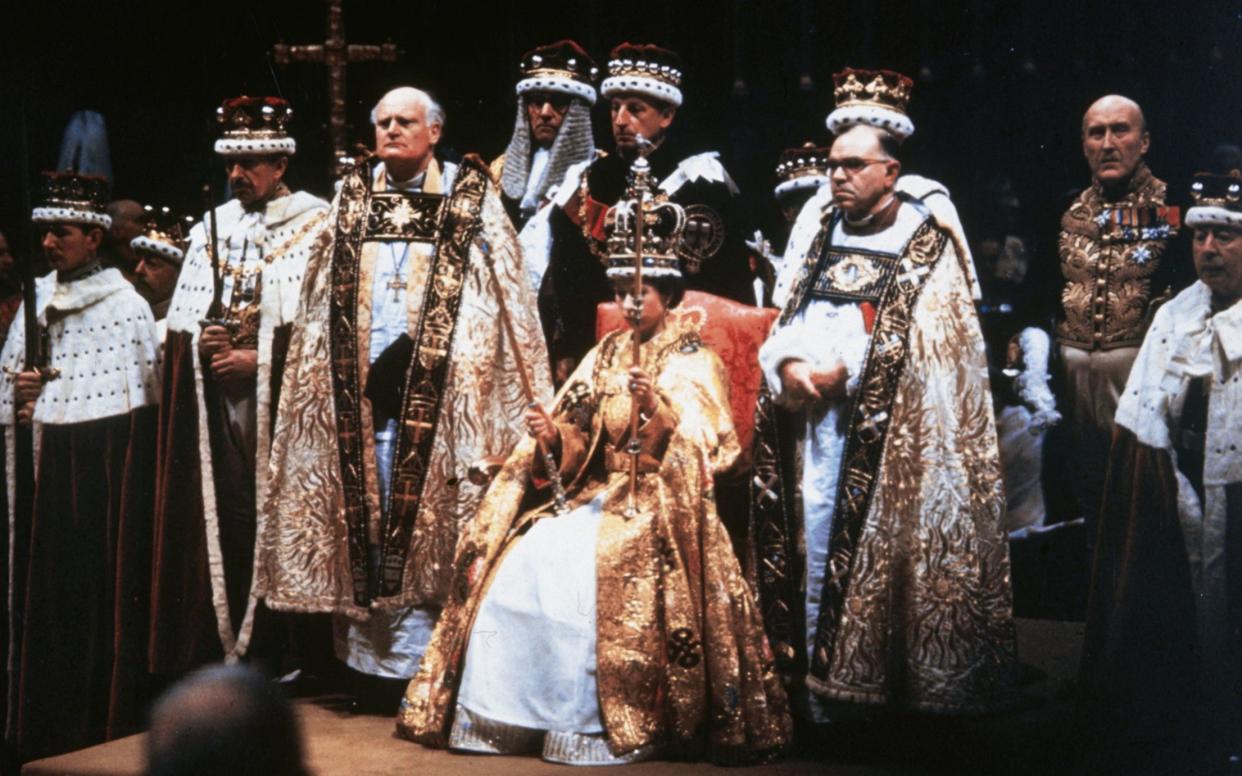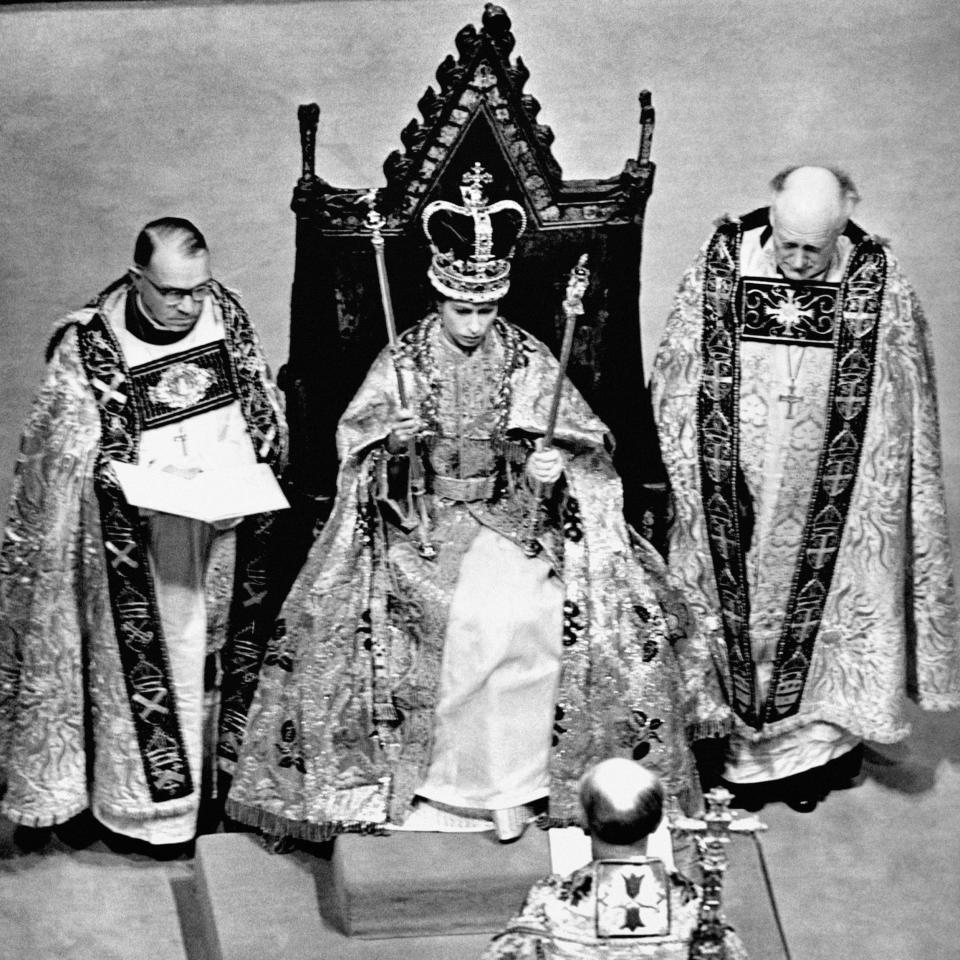Coronation officials forced to get tough after hundreds demand role in ceremony

The Cabinet Office has been inundated with claims from peers who wrongly believe they have a hereditary right to play a role at the King’s Coronation, the Telegraph can reveal.
The Coronation Claims Office was created last month to allow anyone whose ancestor may have played a role at a previous coronation to apply to take on the mantle at the May 6 ceremony.
Oliver Dowden, Chancellor of the Duchy of Lancaster, revealed in the House of Commons on Thursday that more than 200 applications had been received ahead of the Friday, Feb 3 deadline.
However, it is understood that only between 10 and 20 per cent are considered credible claims that warrant further investigation.
A source suggested that applicants may not have been aware of the “high bar” involved. “Under a fifth are being looked at more closely,” they said.
The historic and ceremonial roles under consideration largely involve the bearing of specific items such as a white wand, the Great Gold Spurs, or the Orb, or Sceptre.

Applicants were asked to provide evidence that the relevant claim had been performed at previous coronations and to then prove their connection to the person involved.
Government officials will now consult with ecclesiastical experts from Lambeth Palace and ceremonial experts from the Royal Household before making their final decisions and contacting the successful applicants.
The Coronation Claims Office, formed from a small team in the Cabinet Office, replaces the ancient Court of Claims ritual which has historically determined which peers or members of the gentry take on which role during the ceremony.
In the final weeks of 1952, the court, which was set up in Westminster and led by senior judges in England and Scotland, heard 21 claims.
Mr Dowden told the Public Administration and Constitutional Affairs Committee that the process had been modernised “for ease and speed of administration,” noting that “none of these decisions are strictly legal in their nature”.
He added: “Even with an enormous coronation as we had in 1953 for Queen Elizabeth, many of those claims were not upheld because they pertained to customs of previous centuries.”
Dr George Gross, visiting research fellow in theology at King’s College London and a co-founder of the British Coronations Project with Dr David J Crankshaw, said: “Just because a role was filled at a previous coronation does not mean that it will automatically continue. If a family line has died out altogether, the role might disappear. Other roles have simply passed by the wayside over time.”
He added: “The number of hereditary peers retaining a seat in the House of Lords is much smaller now and it’s a very long time since the last coronation. Some families may simply have forgotten about such claims or may not be certain what their claim is.
“There will be plenty of people convinced they have a claim to a certain role because they were told what might amount to nothing more than a lovely family fable.”
One such role is that of the Champion, retained by The Dymoke family at every coronation to feature the position from 1661 to 1714. The Champion arrived at the coronation banquet on horseback to challenge anyone to contest the right of the new King to reign. The last time this was enacted was in 1821 for George IV.
Dr Gross said: “This was not in fact a hereditary claim, but rested on ownership of the manor of Scrivelsby; it just so happened that Dymokes tenaciously held on to that manor.”
The role was discontinued before being reinstated in 1902 by the Court of Claims.
This time though, no horse was involved or challenge raised. Instead the office holder was made a standard bearer. The same applied in 1953.
In establishing who has a legitimate claim, the Coronation Claims Office is likely to refer to a book first published in 1902 by GW Wollaston called Coronation Claims: Containing a Full Report of all the Cases Argued Before the Court of Claims at the Coronation of King Edward VII.
The book constitutes a “solid basis” for claim adjudication, Dr Gross said, although does not contextualise the court in relation to the coronation.

